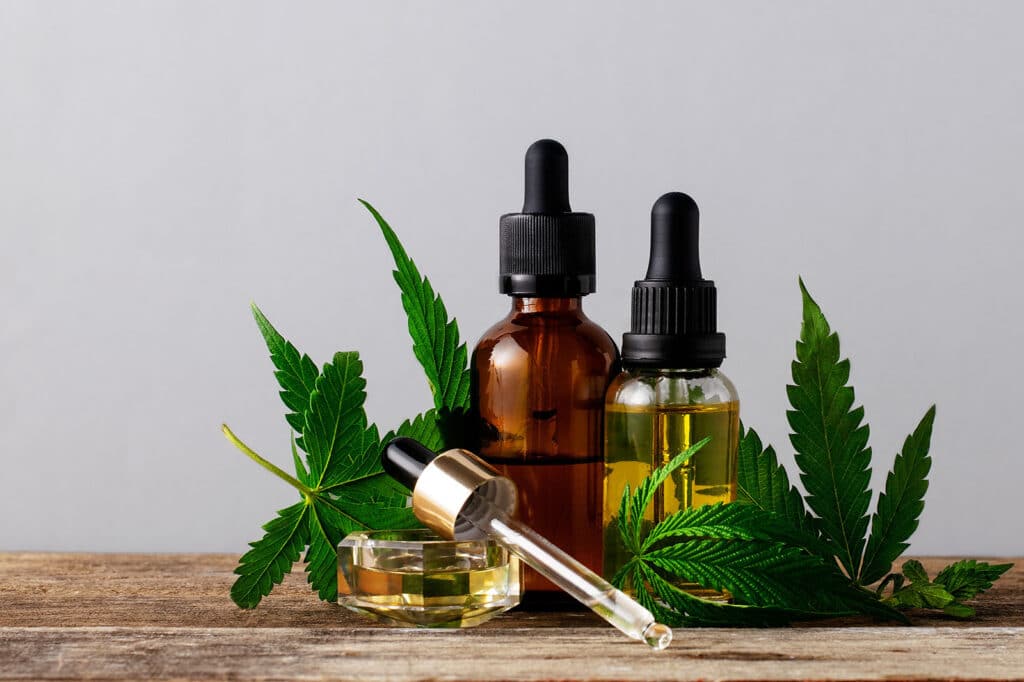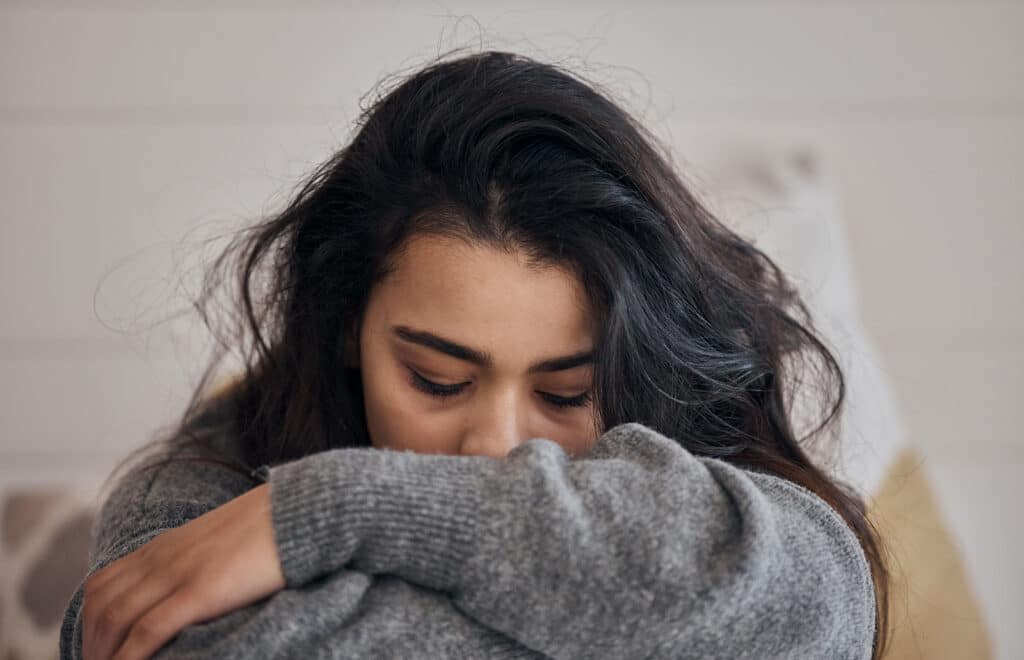Opioids are a class of drugs used to treat mild to severe pain. Opioid withdrawal is a dangerous condition resulting from opioid addiction or dependence. The National Institutes of Health define opioid withdrawal as:
Opioid withdrawal occurs when a patient who is dependent on opioids suddenly reduces or stops taking opioids. It can also be caused when a patient has an opioid in his/her system and is given an opioid partial agonist like buprenorphine or antagonists like naloxone or naltrexone. The etiology of opioid withdrawal is complex.
Opioid withdrawal is very uncomfortable and a lot of addicts will tell you that they have stayed sick or continued to use opioids strictly out of the fear of the debilitating withdrawal symptoms that come with opioid addiction.

Table of Contents
Opioid Withdrawal Symptoms
There are four stages of withdrawal: anticipatory, early acute, fully-developed acute, and PAWS (post-acute withdrawal syndrome). Some of the symptoms of early opioid withdrawal (early acute) can include:
- Anxiety
- Insomnia
- Agitation
- Muscle aches
- Runny nose
- Sweating
- Yawning
- Increased tearing
Symptoms of opioid withdrawal can typically start about 24 hours after an individual’s last use, but that time can vary depending on which opioid the person was dependent on. Some of the symptoms of late opioid withdrawal (fully-developed acute) can include:
- Vomiting
- Nausea
- Abdominal cramping
- Diarrhea
- Goosebumps
- Dilated pupils
Once the physical withdrawal symptoms have subsided the post-acute withdrawal stage (PAWS) starts. PAWS are psychological symptoms of opioid dependence that can persist for up to 24 months after the acute withdrawal phases end.
What is CBD And What Is It Used For?
CBD stands for cannabidiol. CBD is the second most prevalent of the active ingredients of marijuana (cannabis). CBD is derived from the hemp plant (cousin of the marijuana plant) although it is an essential component of medical marijuana.
CBD does not have the psychoactive properties that THC does, so it does not get you high. There are different kinds of CBD. It comes in different concentrations and is sold in a number of ways. Full-spectrum CBD does contain a small amount of THC in it, but it is less than 03%.
In 2018, a CBD oral solution, Epidiolex, was approved by the FDA for the treatment of certain rare forms of epilepsy in children under 2. CBD is also believed to influence opioid receptors that regulate pain and also glycine receptors which regulate serotonin, the “feel-good” hormone.
CBD is useful for various mental and physical conditions such as anxiety, insomnia, and chronic pain. Some of the other conditions that CBD may help with are cancer-related symptoms, epilepsy, depression, drug addiction and withdrawal, glaucoma, muscle spasms, anorexia, Parkinson’s Disease, acne, heart health, and high blood pressure.

Can CBD Help Get Through Opioid Withdrawal?
Although CBD has not been approved for the treatment of opioid withdrawal and dependence, the future looks promising and it may be helpful. Some researchers and users say that CBD can help you or a loved one get through opioid withdrawal if used appropriately.
Based on preclinical research and emerging human research, cannabidiol (CBD; a major constituent of the cannabis plant) is a promising pharmacotherapy for the treatment of opioid withdrawal. Most recently, CBD decreased cue-induced craving and anxiety (two common withdrawal symptoms) among abstinent heroin-dependent individuals relative to placebo. As of June 2018, Epidiolex, an oral formulation of plant-derived pure CBD, has been approved by the U.S. Food and Drug Administration (FDA) for treating severe forms of epilepsy and can be prescribed for other off-label indications. Epidiolex has a low side effect and a high safety profile. Given the recent FDA approval of Epidiolex, and a growing interest to develop existing pharmaceuticals to address issues related to Opioid Use Disorder (OUD) and its recovery, the investigators are proposing a pilot study to examine the safety of Epidiolex in a human laboratory model of clinically relevant withdrawal. The study will be a residential within-subject comparison; methadone-maintained participants will undergo spontaneous withdrawal and receive placebo dosing and active cannabidiol. Data collected for this study will establish: (1) the safety of administering two dosing regimens of Epidiolex within the investigators’ withdrawal paradigm and (2) the feasibility of the investigators’ withdrawal paradigm for demonstrating clinically meaningful increases in withdrawal. (John Hopkins University)
As stated above, CBD is effective at alleviating pain, insomnia, anxiety, and depression, which are some of the symptoms that can come with opioid withdrawal. However, CBD has not yet been tested or approved as an official treatment for use with opioid withdrawal or opioid use disorder.

Effective Treatment for Opioid Addiction
If you or someone you love requires help with opioid dependence, our addiction specialists are available around the clock to assist you. Recreate Life Counseling offers evidence-based addiction treatment. We specialize in individualized treatment programs to get you on the road to a lasting recovery.
Published on: 2020-10-04
Updated on: 2025-06-05



